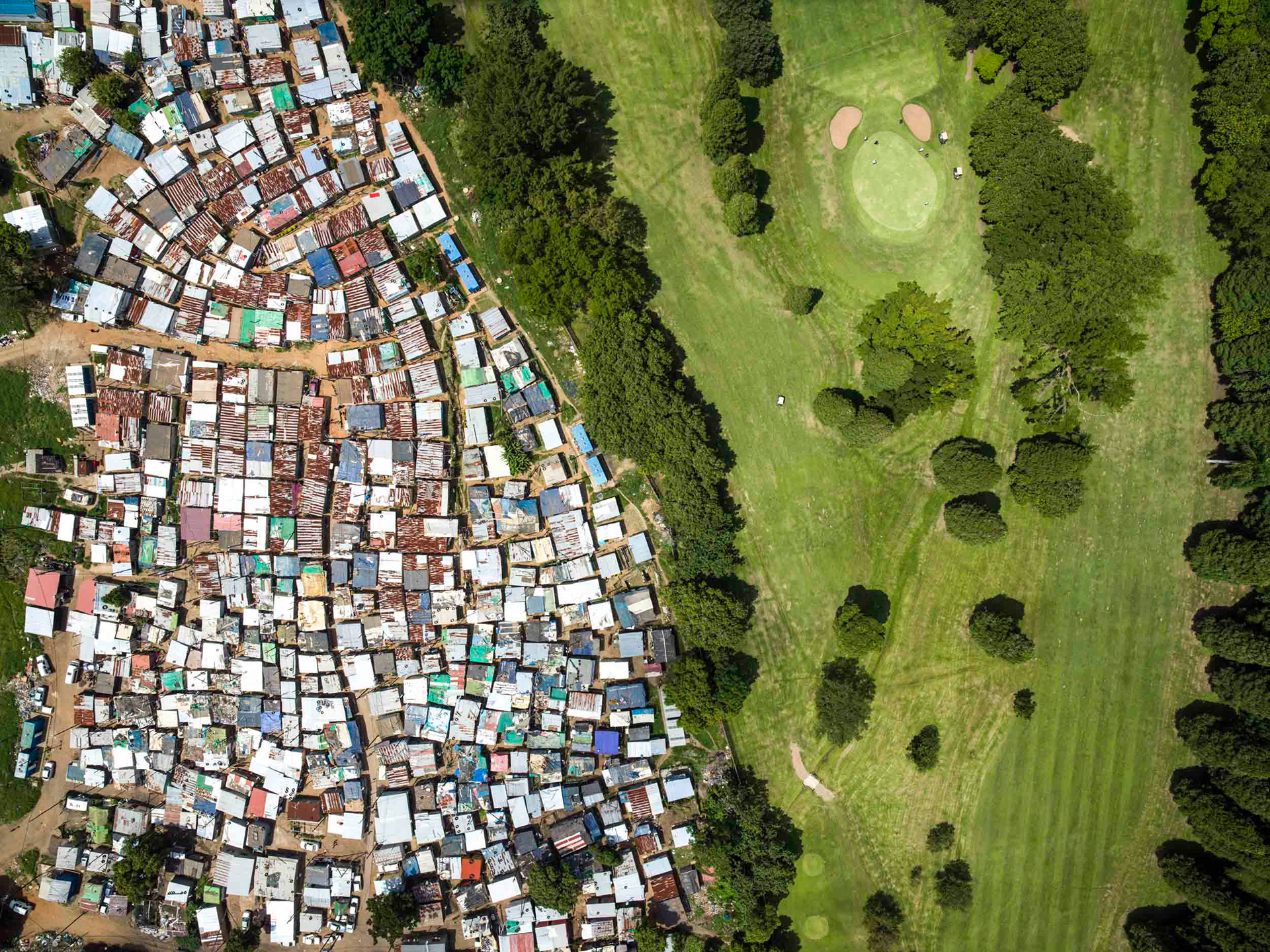Perhaps, the conversion should focus on creating Income Quality, that is, the extent to which an individual’s income can provide them the quality of life they require and desire.
According to the World Inequality Report 2021, the poorest 50% of people in the world own just 2% of the wealth, while the richest 10% own 76% of the wealth. The middle 40% own 22% of the net wealth. The richest 1% own 46% of all the wealth.
Income inequality has been on the rise everywhere in the world since 1980. Activists are sounding the alarm about this trend and there are calls for action to address this imbalance. Whereas the statistics on income inequality are compelling, opponents of the dominant narrative on the subject assert that the conversation is missing something.
These are their arguments:
Opponents argue that income inequality is a byproduct of a meritocratic system where individuals earn based on their skills, efforts, and contributions to society. They believe that high earners deserve their wealth due to their hard work and talents, and reducing inequality could disincentivize hard work and innovation.
There’s a case to make that income inequality is a natural outcome of a growing economy. Therefore, focusing on reducing inequality might stifle economic growth by potentially discouraging entrepreneurship and investment. It can be argued that a thriving economy benefits everyone, regardless of income inequality status.
Interventions aimed at reducing income inequality might infringe upon individual freedom. In a free world and free market, people should have the liberty to earn and spend their income as they see fit without government interference, even if it leads to disparities in wealth.
Opponents advocate for policies that benefit the wealthy under the belief that this prosperity will eventually “trickle down” to the rest of society – talk about trick-down economics. They argue that by providing incentives for the rich to invest and create jobs, everyone will benefit in the long run.
Opponents of addressing income inequality argue that differences in income are natural and reflective of varying skill levels, education, and experience. They claim that not all inequality is unjust, and some level of variation in income is necessary to reflect these differences in abilities. It would seem unfair for a highly skilled Bio-tech engineering graduate from MIT to earn the same amount of income as a high school graduate working at a grocery store attendant.
Also, concerns exist regarding the potential unintended consequences of policies aimed at reducing income inequality. Critics argue that interventions might distort markets, reduce innovation, or create dependency on government assistance.
The goal should be to reduce the inequality gap as opposed to Robinhood-style wealth redistribution which will create another injustice.
Certainly the currently disparities in wealth pose a risk to society as it contributes to social unrest, decreased social mobility, and overall economic instability. Something therefore needs to be done to address these issues. The discussions on creating opportunities for all members of society to thrive need to continue.
Perhaps, the conversion should focus on creating Income Quality, that is, the extent to which an individual’s income can provide them the quality of life they require and desire.
Appropriate actions need to be taken to ensure that the poorest 50% of the world can have access to opportunities to enable them have quality income.
770 total views, 2 views today
